The Scottish Government has confirmed it will back a bill to ban greyhound racing, in a move that would see Scotland become the first part of the UK to legislate against the sport. The decision follows years of pressure from welfare groups who argue that the risks of injury and poor oversight outweigh any claims of tradition or entertainment value.
The proposal, brought forward by Green MSP Mark Ruskell, would make it a criminal offence to operate a track or race a greyhound in Scotland. Support from ministers means the legislation now looks likely to pass, marking the formal end of a practice that has been in steady decline.
In Scotland, tracks can operate without being part of the official Greyhound Board of Great Britain system, meaning they have no formal licensing requirements, no statutory veterinary presence and very little external oversight. Shawfield Stadium in Glasgow, once the country’s only licensed track, closed in 2020, leaving Thornton in Fife as the last venue operating on an unlicensed basis.
Animal welfare organisations including OneKind, the Scottish SPCA, Dogs Trust and the RSPCA have all welcomed the move, pointing to high rates of injury and death across the UK. Data from the Greyhound Board of Great Britain shows thousands of dogs are hurt each year and hundreds die as a direct result of racing. Campaigners argue that Scotland’s unlicensed tracks, with no statutory veterinary presence or regulatory oversight, present an even greater risk.
Support for a ban also reflects wider public opinion. A poll commissioned earlier this year found that more than three-quarters of Scots back outlawing greyhound racing altogether. Campaigners say the legislation is not only about closing the door on existing activity but also ensuring the sport cannot make a comeback in future.
The industry, meanwhile, has dismissed the bill as unnecessary. With no licensed racing left in Scotland, the Greyhound Board has described the debate as political theatre and suggested the government’s attention would be better spent on issues such as healthcare or education. Supporters of the sport say a ban is a disproportionate response to a pastime that, in their view, is already fading into irrelevance.
But for those pushing the legislation, that argument misses the point. While licensed racing may have disappeared, the continuation of unregulated meets highlights a loophole in Scotland’s animal welfare framework. By legislating now, the government closes that gap and sends a clear signal that exploiting dogs for profit has no place in Scotland.
For the greyhounds themselves, the outcome is less abstract. Oval-track racing demands high speeds on sharp bends, a combination that leads to broken limbs, collisions and, in many cases, premature death. Even those dogs that survive their racing careers often face uncertain futures once they are no longer profitable. The proposed ban cannot undo that history, but it does offer a safeguard for the next generation of greyhounds in Scotland.
If the bill passes, as now seems likely, Scotland will set a precedent that animal welfare groups hope will ripple across the rest of the UK. For now, at least, the message is unambiguous: the age of greyhound racing in Scotland is over — and this time it will be permanent.
Our articles are free because we want as many people as possible to think about animal welfare. You can support our mission to provide sanctuary to more animals and tell more of their stories by visiting our store, sending a gift or sharing our articles on social media


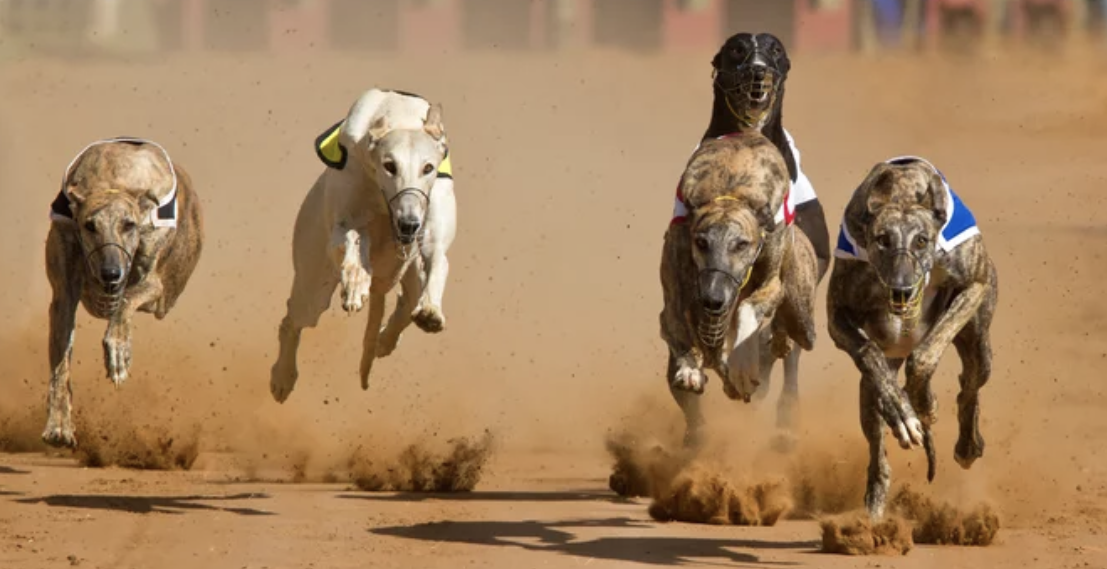
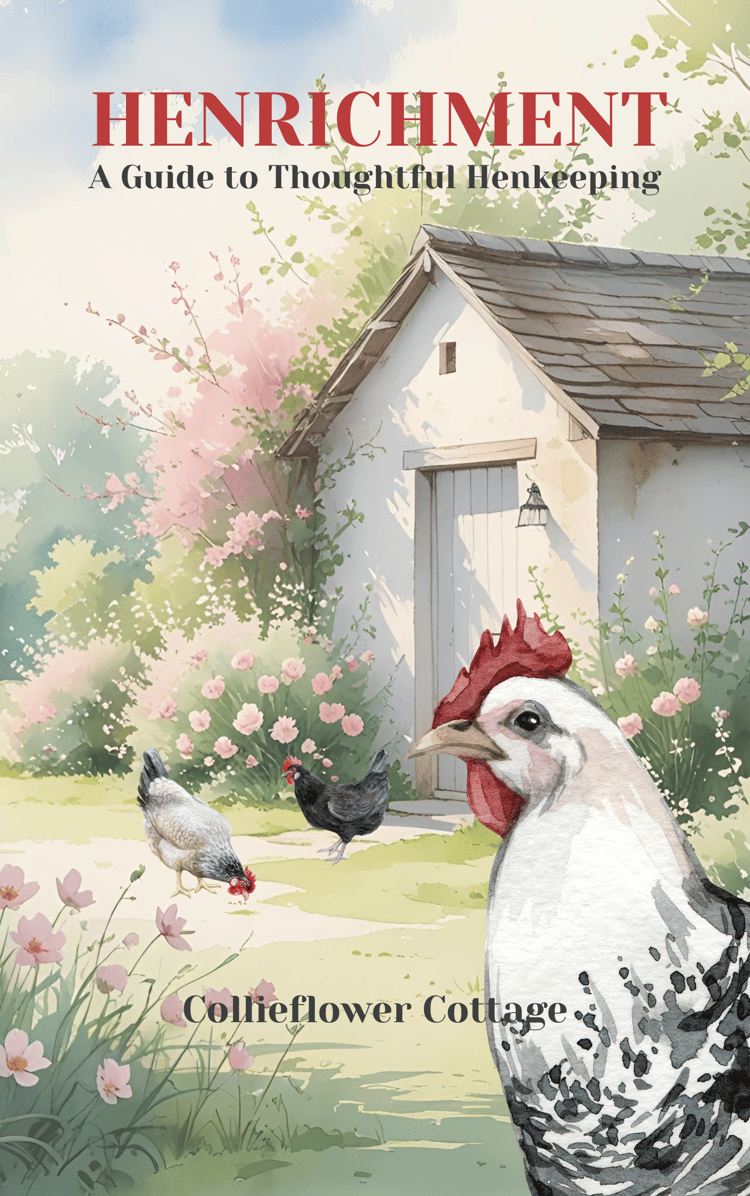
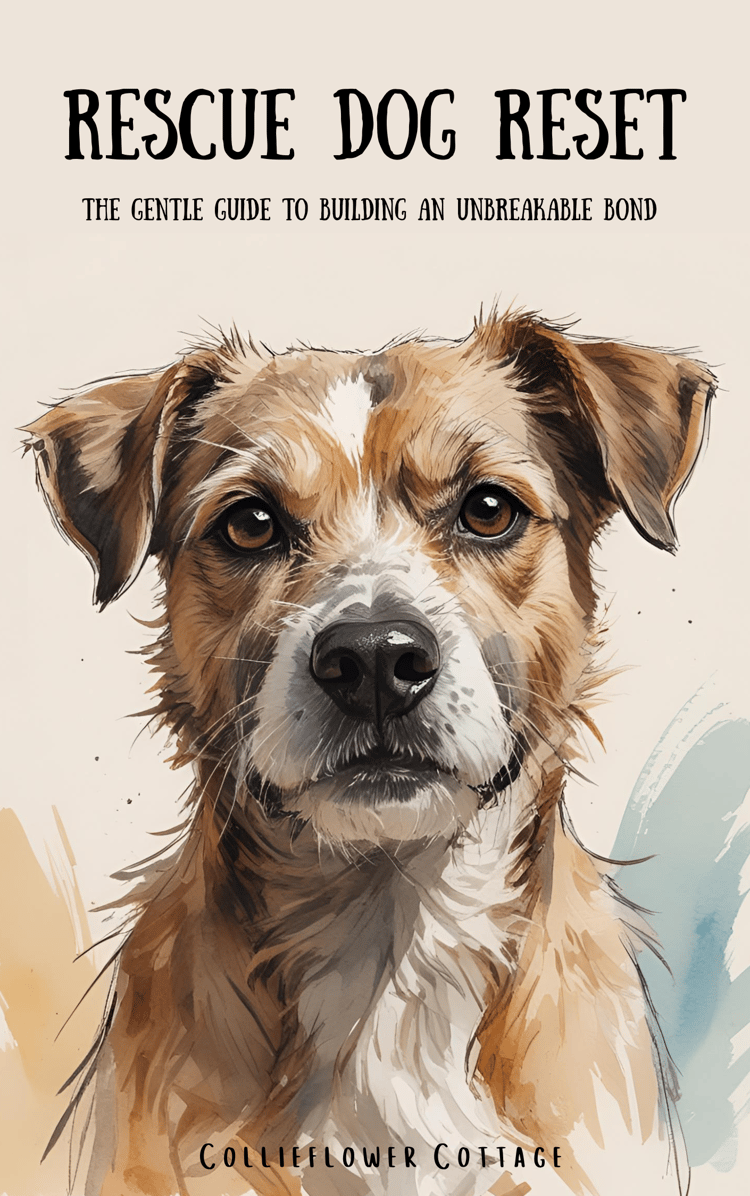
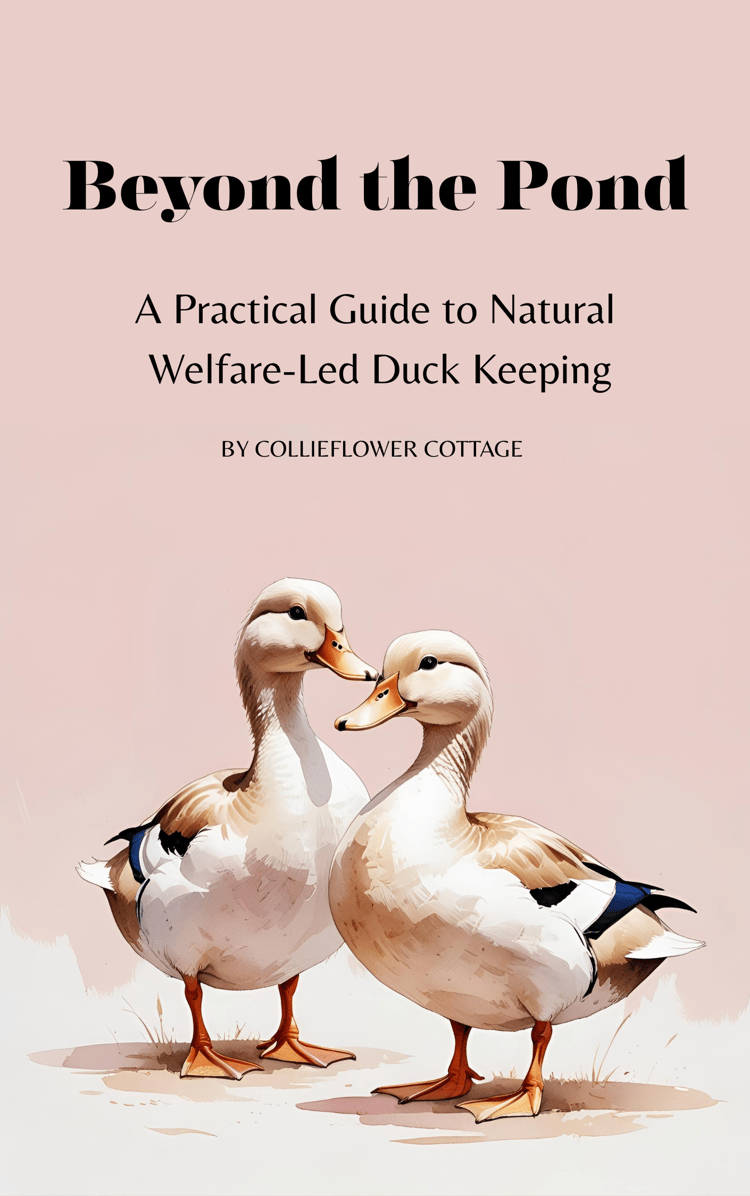
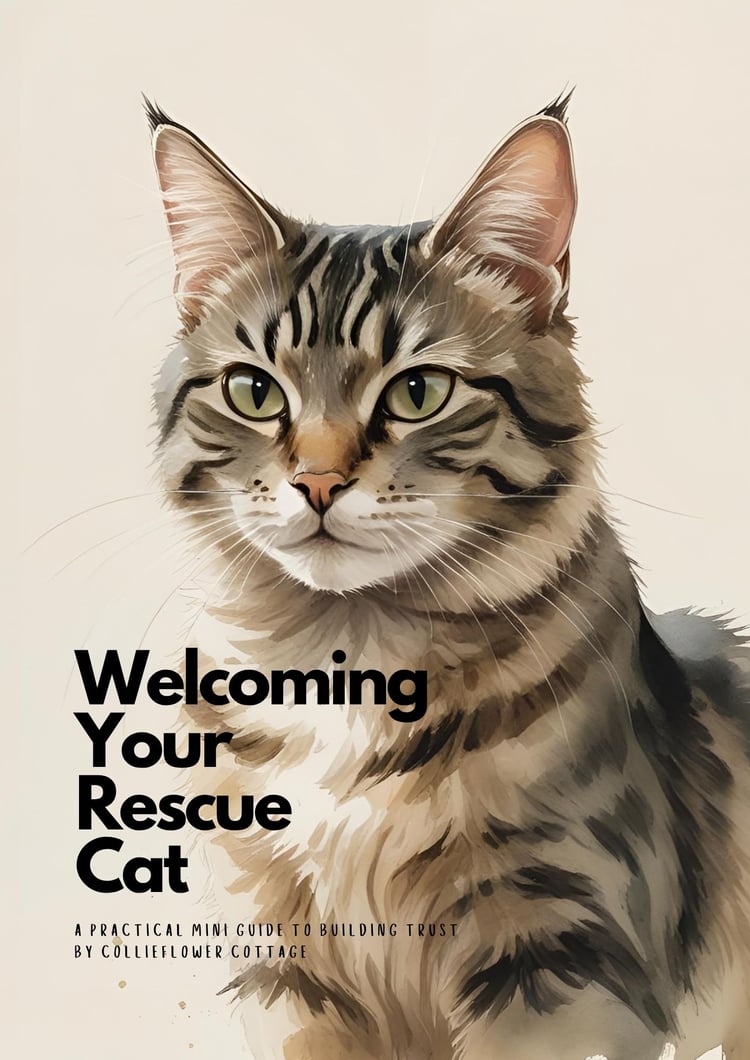
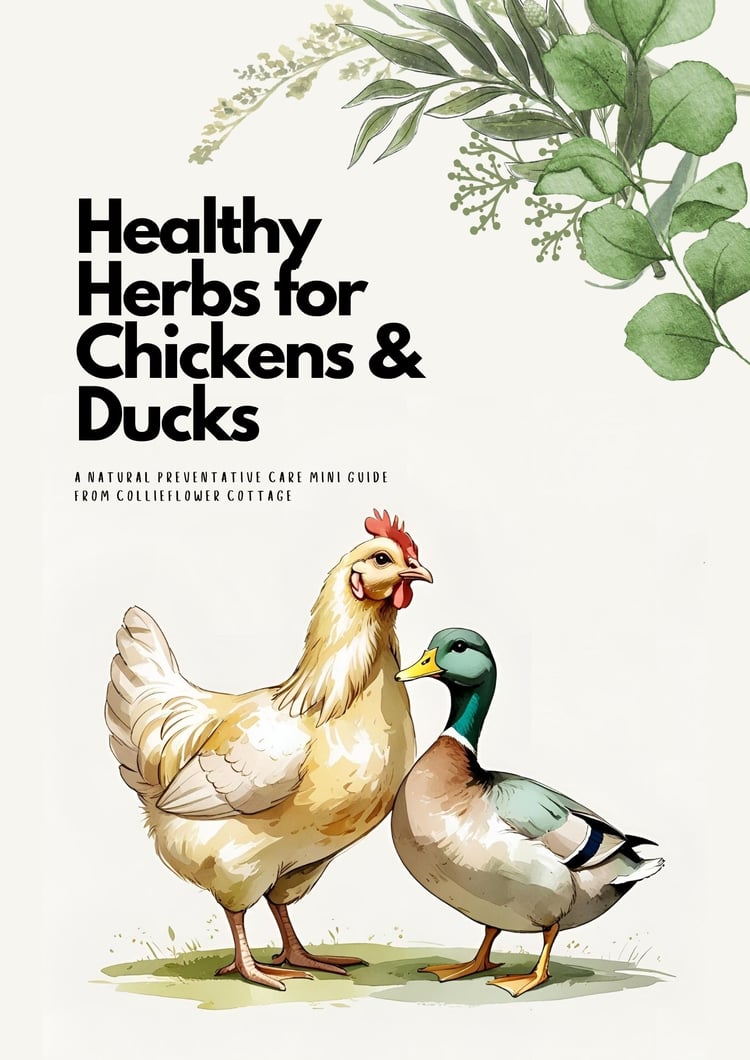
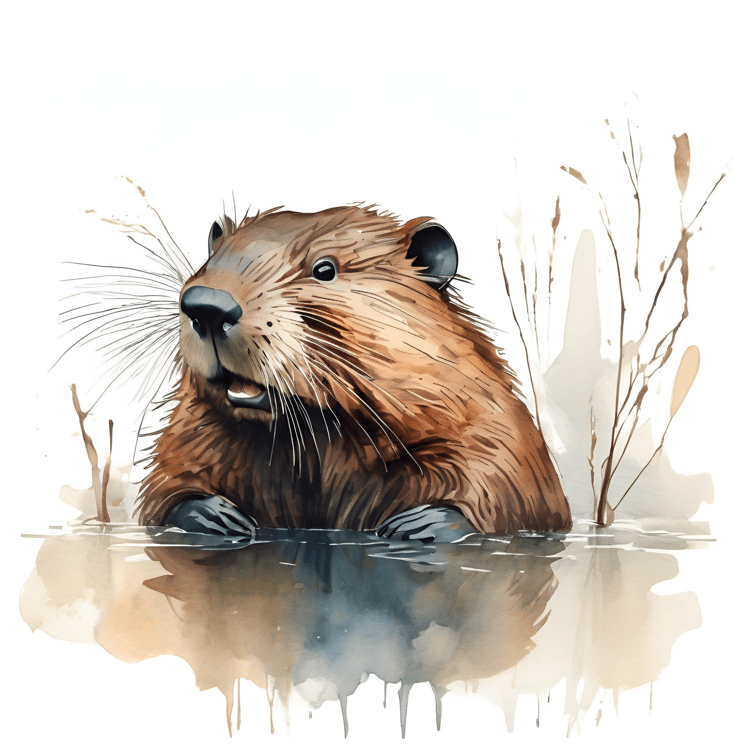
Comments ()